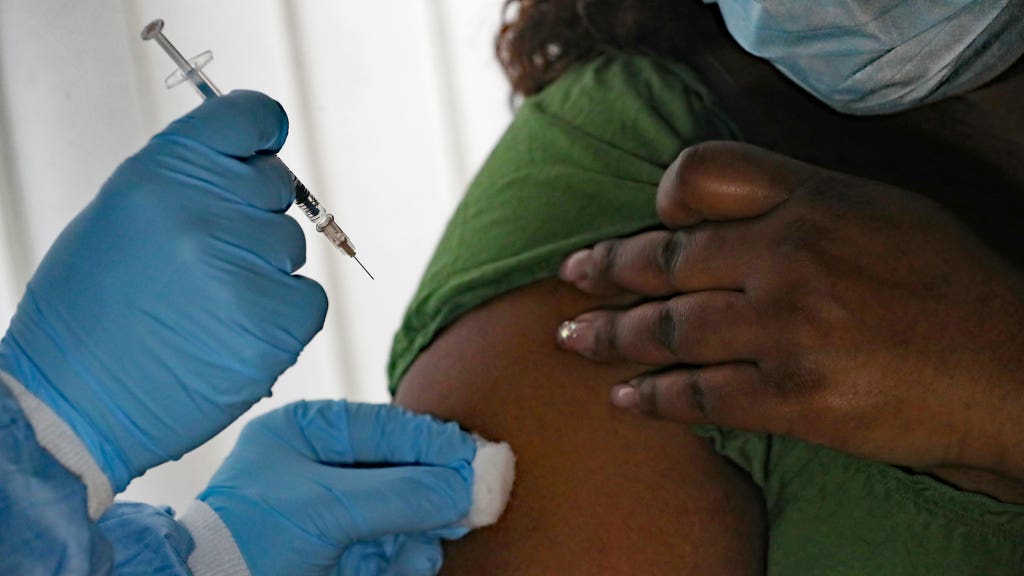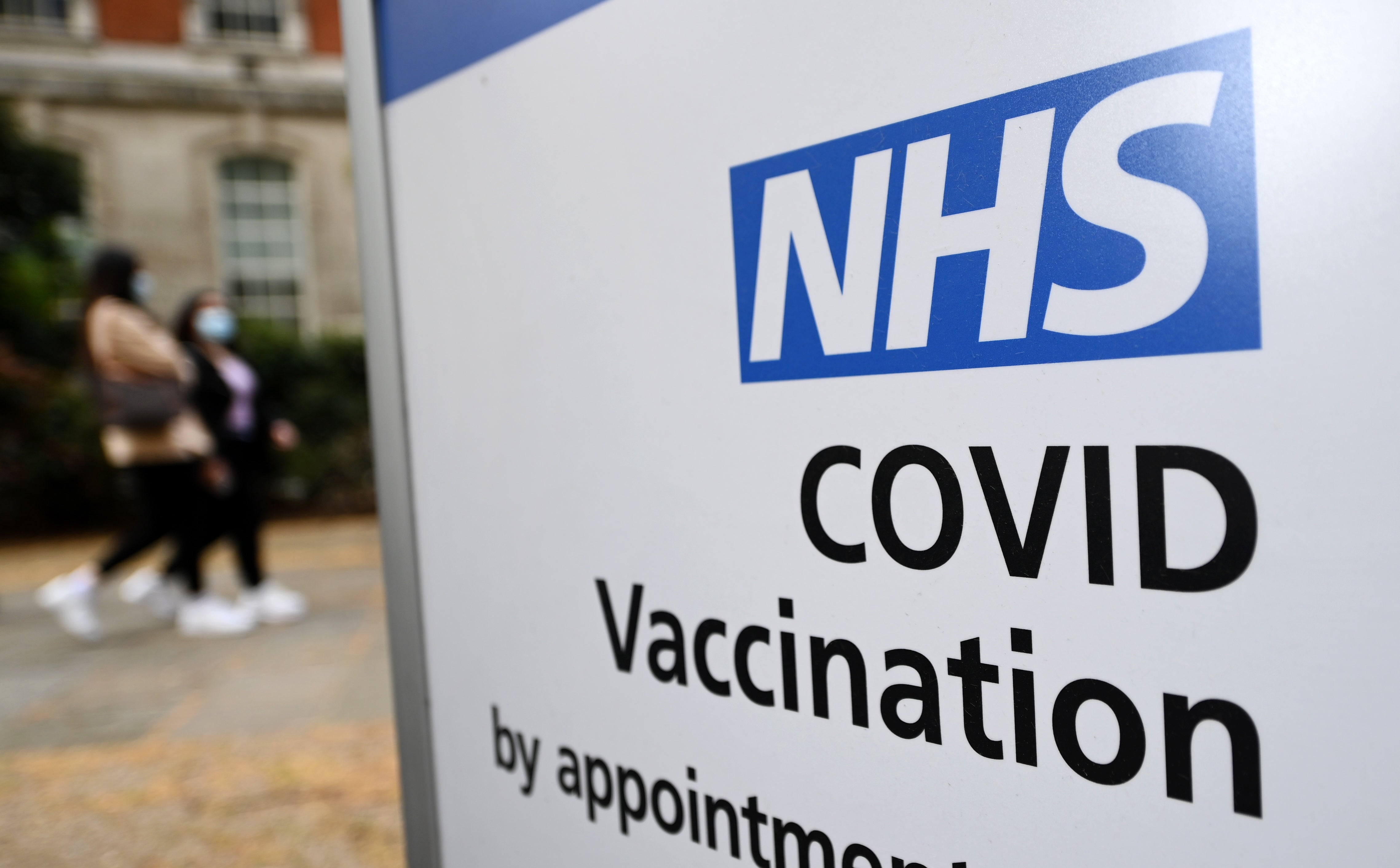UK struggled to contain Covid pandemic due to rife inequalities, report suggests
Exclusive: ‘Inequality wedge’ across nations reveals failures in containing infections, academics say. By Nadine White


Systemic inequalities within countries such as the UK correlates with higher Covid-19 infections rates in those nations, new research shows.
The analysis by New York University’s Center on International Cooperation (CIC), entitled Inequality, Lockdown, and Covid-19, also raises concerns that socioeconomic differences could hamper vaccination efforts.
The academic study, published on Wednesday, seeks to understand if pre-existing systemic inequities could be linked to higher coronavirus infection rates and examined transmission rates in 70 countries between March 2020 to August 2020, or what is widely seen as the first 21 weeks of the pandemic.
It identifies five potential channels through which income inequality can influence the virus infection rates: diminished trust in institutions which lowers compliance; low savings, which leaves people with no choice but to work, despite lockdown; crowded housing; systemic exclusion – which includes racism – and poor access to public services.
This week, The Independent revealed that racial discrimination in local public services is twice as high among ethnic minority groups and may be driving vaccine hesitancy.
“The problem has both an income inequality and an identity-based exclusion dimension, with underprivileged racial and ethnic groups being most at risk. All those differences are expressed not only in how fast the virus is spreading and killing people, but also in how slowly it is receding,” the report states.
“For example, for the United Kingdom the fall in Covid-19 cases is slower in their poor regions.”
Black and minority ethnic (BAME) households in the UK are over twice as likely to live in poverty as their white counterparts, according to the Social Metrics Commission.
On top of that, around 22 per cent of people of black African and black Caribbean descent in the UK are reluctant to get a jab, compared to just 5 per cent of people among white British communities.

Those fears are despite a death rate from Covid of up to four times higher among black communitie in Britain than among white people, according to the Office for National Statistics.
Paul von Chamier, the paper’s author and a research officer at CIC, told The Independent: “The example of the UK is invoked four times in the whole paper and they are embedded in the broader context of how it plays out in a number of countries.
“Our data shows that members of underprivileged communities, specifically racially, were more likely to work in the gig economy that was most affected by the initial hit of the pandemic back in March and this had a far-reaching impact.”
He added: “The same marginalised communities that were Covid-19 infection hotspots can also become fertile ground for the virus to develop new strains before enough people are vaccinated.
“In fact, inequality in the vaccine rollout, both within countries and between them, already displays a strong income-related pattern, which suggests the risk of repeating the mistake of letting inequities undermine the pandemic response.”
Von Chamier concluded that socio-economic policies aimed at lowering inequality could help diminish the impact of future pandemics.
“In the long-term, equality and inclusion should become the center of a broader strategy: building resilience against future shocks,” he argues. “A policy commitment to improving socio-economic conditions would be part of a social contract, a genuine investment in a nation’s development, and a way to build back better after the pandemic.”
Earlier this month, the government-backed Commission for Race and Ethnic Disparities published a widely condemned report which claimed that systemic racism did not exist in the UK.





Join our commenting forum
Join thought-provoking conversations, follow other Independent readers and see their replies
0Comments